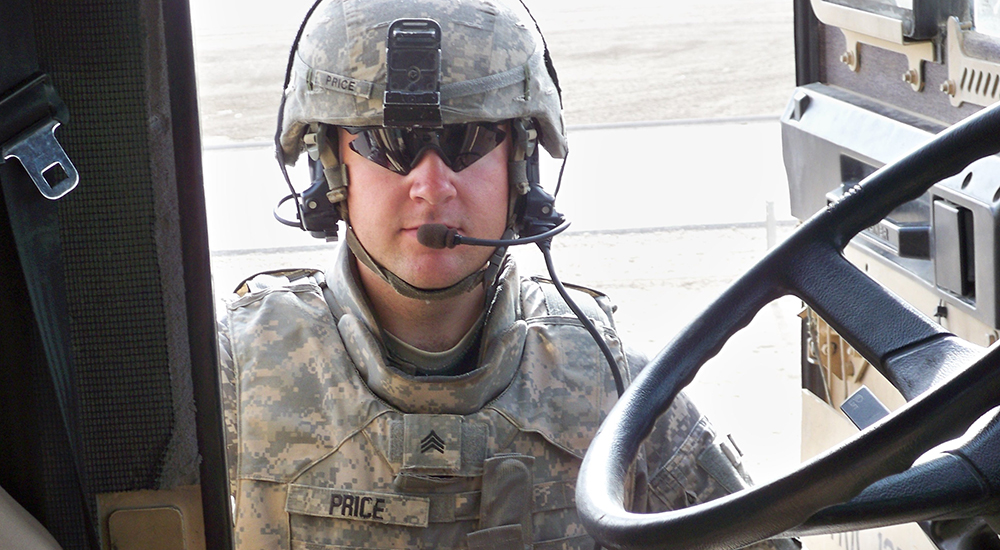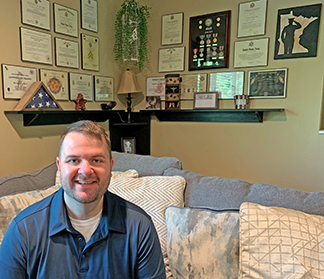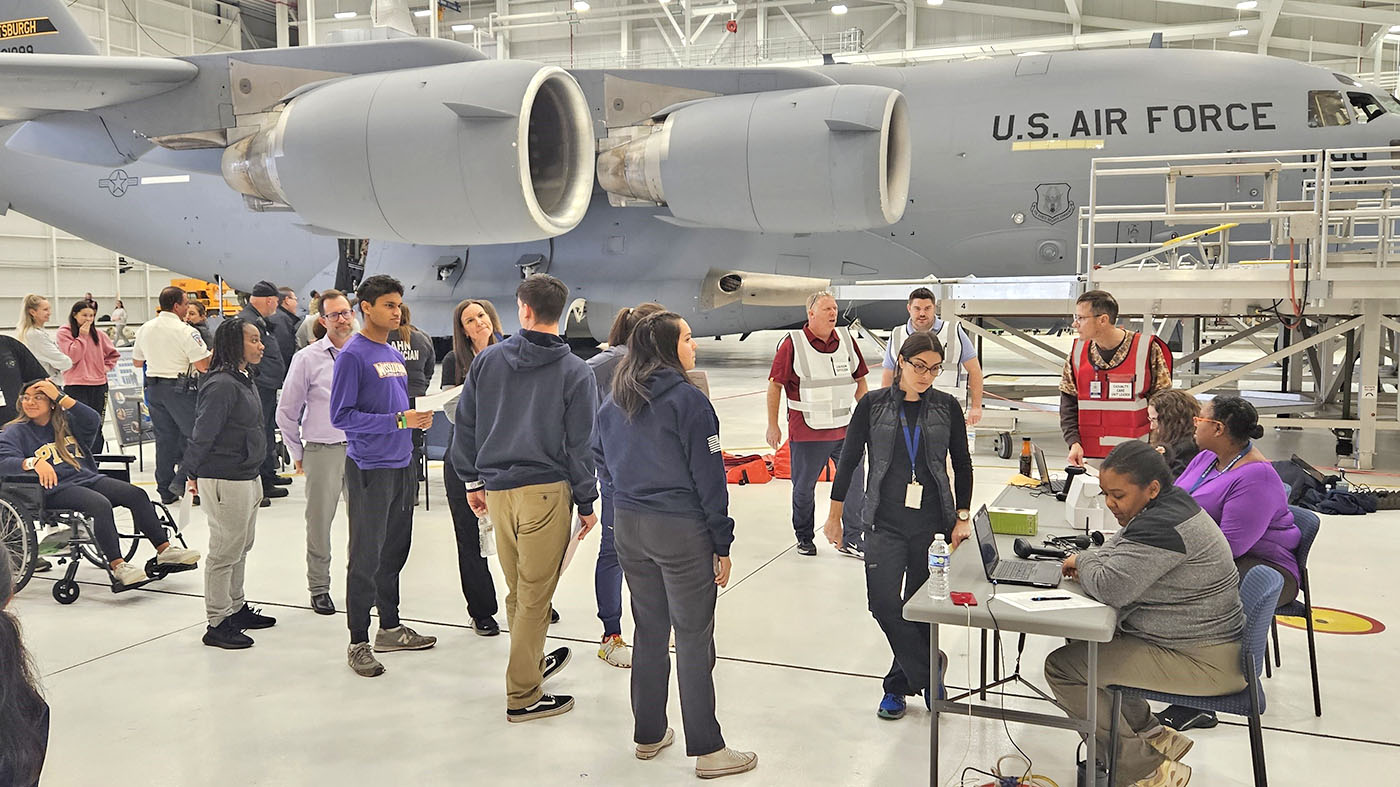Army Veteran Brandon Price shares his journey with multiple sclerosis and encourages others to take action, communicate and lean on one another.
I was diagnosed with MS in 2012, the year that changed my life forever. I had symptoms dating back to 2009 or earlier, but being in the Army, it was expected of me to be in the best shape of my life physically, mentally and emotionally. I just ignored the issues I was having.
Shortly after I was discharged, I was being wheeled into the ER where I was given morphine and received my very first MRI. My legs were in so much pain. They were so heavy and my brain was severely malfunctioning too. After the MRI, I was told I needed to follow-up with a neurologist immediately.
A few weeks later, there I was, 24-years old sitting face-to-face with a neurologist who delivered the news to me. That day is burned into my soul. I was so devastated, and I felt my already fragile life completely derailing. He said, “Brandon, I am sorry to tell you this, but you have multiple sclerosis”.
I finally had my answers to why my legs were so heavy and my thoughts and memory weren’t clear anymore. I left that appointment very sad, very worried, and so scared that I spiraled into deep, deep depression for many years. Having gone to war before, I knew I would be at war for the rest of my life.
Biggest regret was not doing anything
The first several years after I was diagnosed, I didn’t do anything about my MS. That’s my biggest regret. My neurologist would say, “You have many more lesions. Are you sure you’re doing okay?” I would always respond with, “Yes, I am doing fine,” because I knew that meant I wouldn’t have to face my illness or my neurologist for another year.
Fast forward to 2017-2018, when I had a severe relapse with lesions everywhere. That’s when I knew I needed to finally face my MS, which has stolen a lot from me over the years.
I am here to tell you: Do not make the same mistakes I did. Avoiding MS will do nothing good for you. I’ve done that. I do not care if you change your diet, exercise more, or you get on a disease modifying therapy (DMT), just do something! I didn’t do any of these for the first six years. That was my biggest mistake. Remember, the goal is to stop or slow down this progressive disease.
Get all the help you need to work through your diagnosis. No one can be prepared for a multiple sclerosis diagnosis. Reach out to the MS community and others living with MS. It can be a very, very isolating disease but the power of our community is incredible and can be very empowering.
Lean on one another and share experiences
We can always talk to our neurologists but a lot of times they talk to us from a medical perspective. In the MS community, we can all lean on one another while sharing our experiences and issues with each other. If you ever feel alone, overwhelmed, lost, scared, or feel like no one is listening to you, we’ve all been there, and we can lean on each other for support.
I have made some of the best friends I’ve ever had in the MS community because we all have a connection that others would never fathom or understand.
At my local VA, we have a “Veterans with MS” support group that meets virtually once a month. It has been a rewarding experience talking with other Veterans dealing with MS. When you think you’re alone, you’re not. Please remember that.
Another helpful resource that I have found beneficial is joining the “Veterans with MS” support group through the National MS Society. This group meets once a month virtually and has been very helpful for me to open up about my disease.
Find comfort and trust with others who have MS
I tried hiding it for many years. The only problem is that I can’t hide it anymore. I started a blog (BlindsidedByMS.com) to document my journey and share the good, the bad and the ugly that we face everyday living with this unforgivable disease.
My last thought is this. We’re all fighting this debilitating neurological condition together. Although it is isolating and defeating at times, we have to continue the fight because we weren’t given a choice.
Please reach out; you’re not alone. You will find comfort, acknowledgement and trust within your fellow MSers. Keep up the good fight. We must continue forging forward even though our futures are unpredictable.
Topics in this story
More Stories
Air Force Veteran Shireta Jones overcomes obstacles with support from VA and adaptive devices to continue her passion for pickleball.
Pittsburgh VA and its partners practice relocating hospitalized patients during disasters and public health emergencies.
VA and Veterans Yoga Project are working together to make more Veterans aware of the benefits of yoga while offering more classes.








When I met my friend, also an Army vet, he could walk and played with his youngest son that was 14 years ago, and suddenly he was on a manual wheelchair, he was given, by the VA the equipment needed to excersize his legs but he refused to use it, now and for several years, he has been on an electric wheelchair and his case appears to have no reverse, other organs have started to fail but he is on a denial phase, soon he will have go and stay in the VA hospital where the money he gets for his disability may remain, but he continues to accept the fact, all I can say to those with MS do not deny the fact and do what your neurologist tells you.